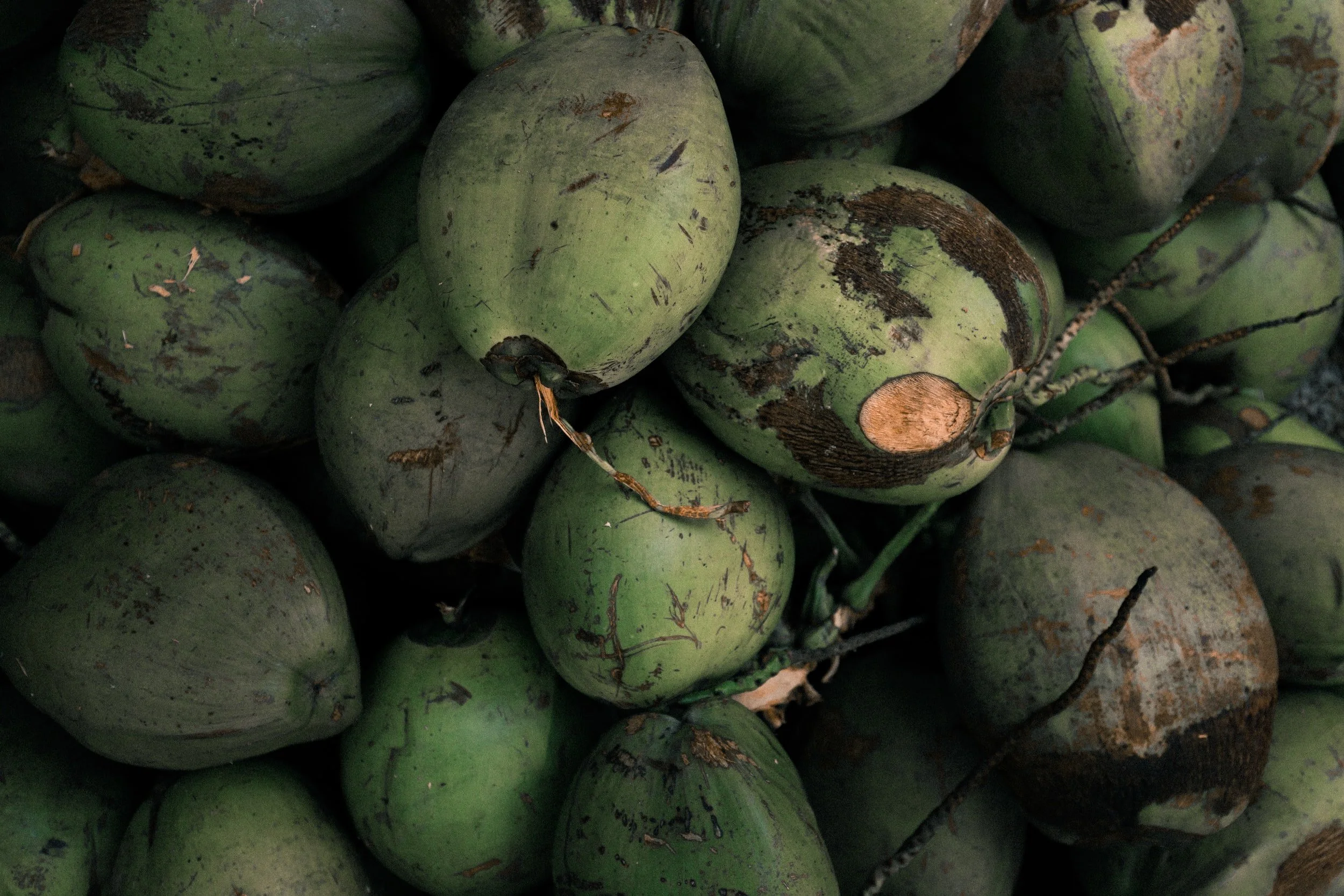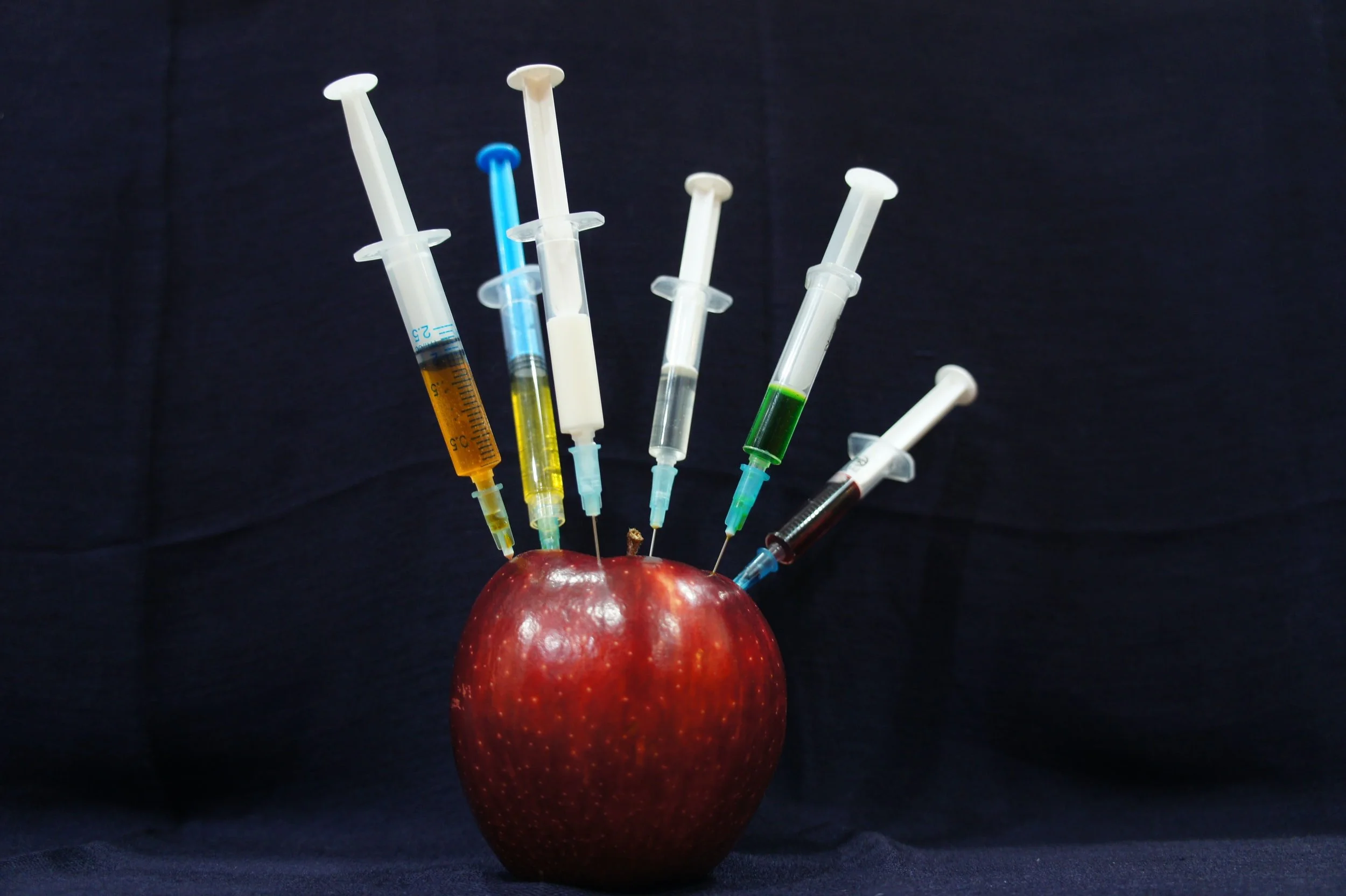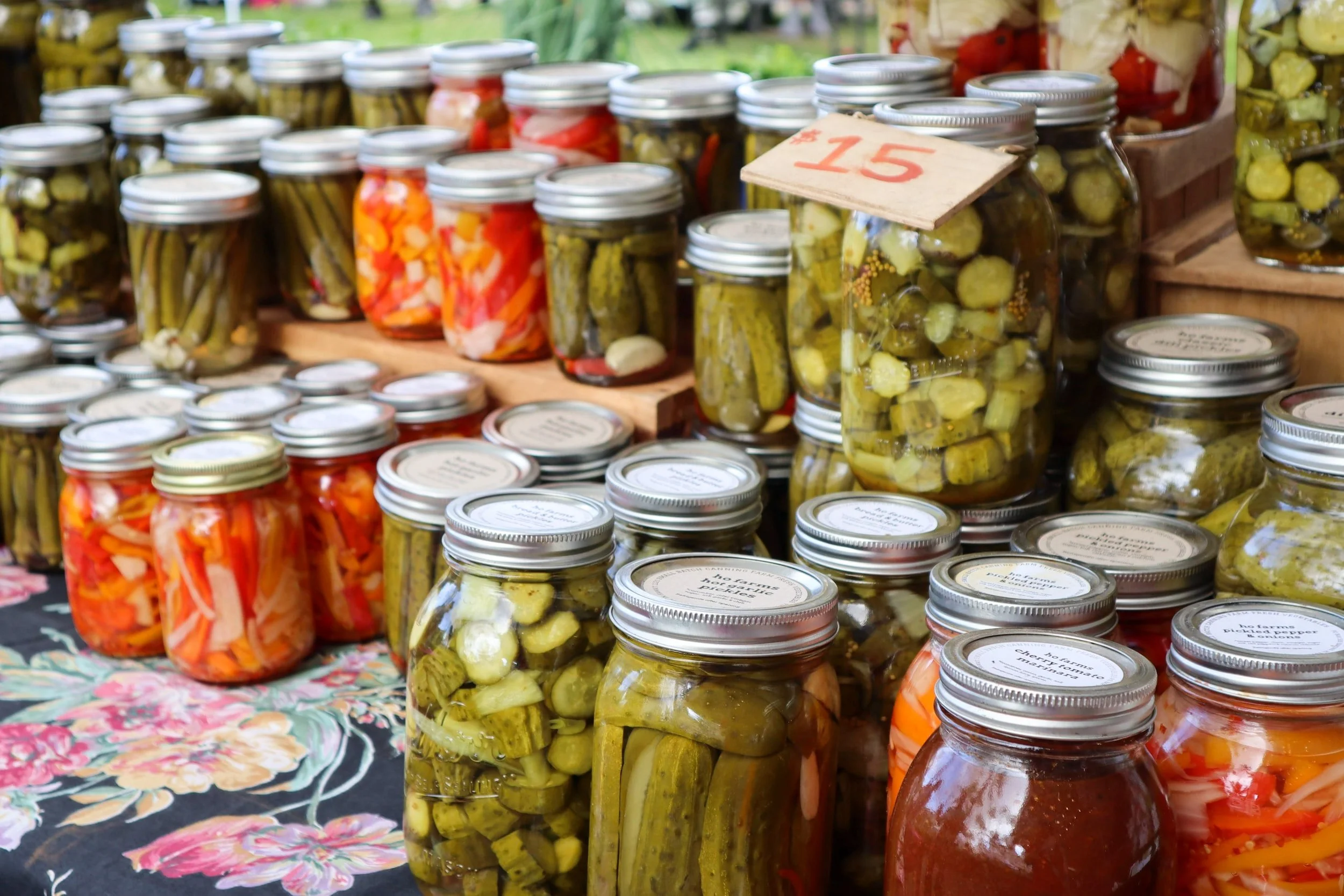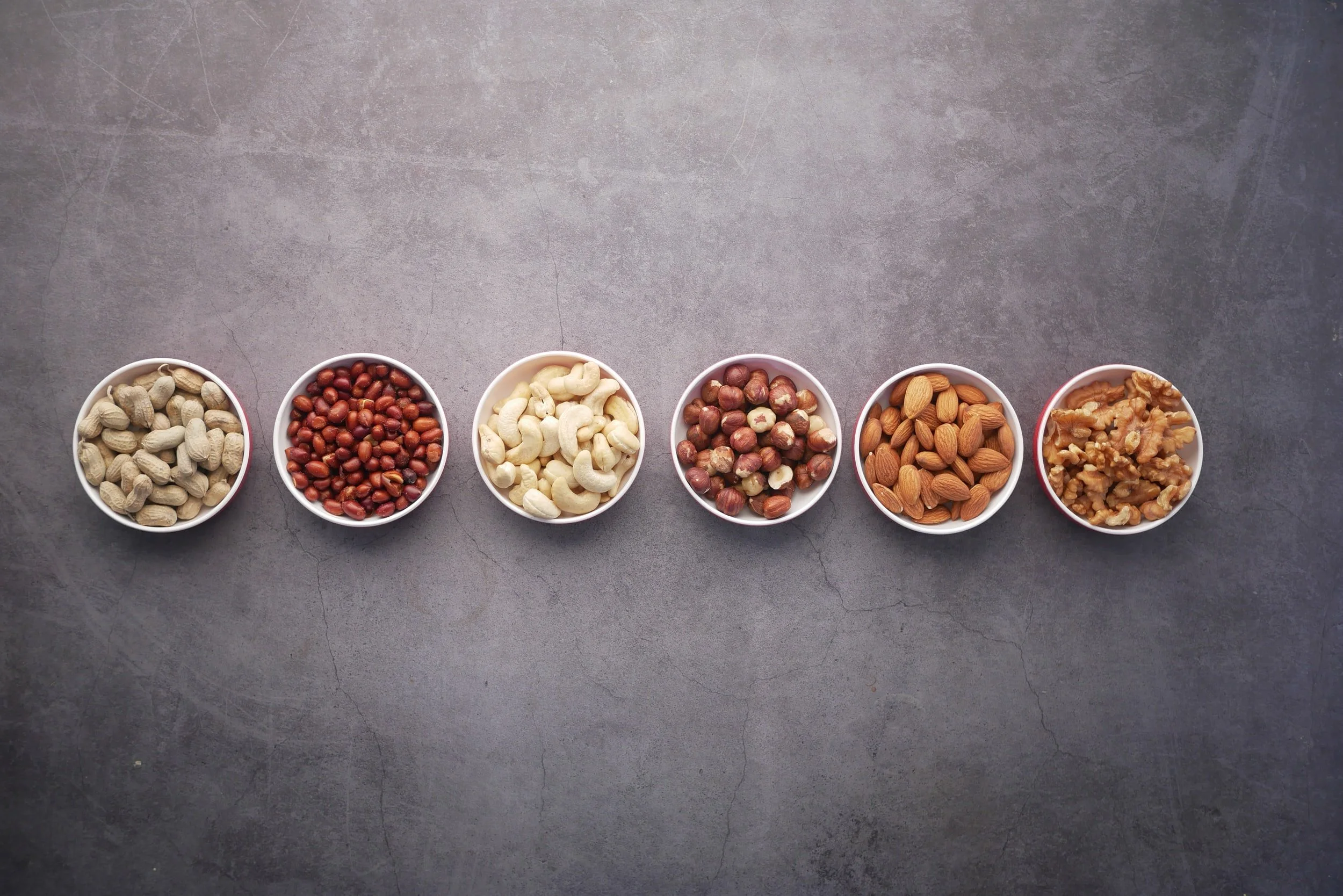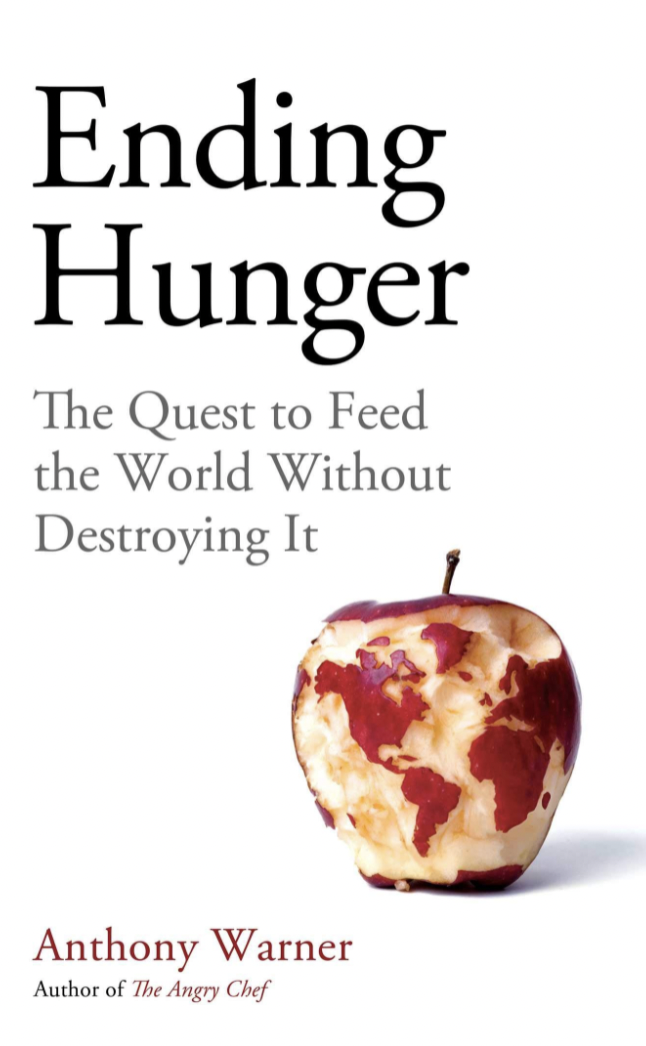
Sharing dualities with The Angry Chef.
The Obesity Blame Game
It is common to hear that rates of obesity rose rapidly in the late 1970s. This is the case, but is not the whole picture, and is the source of a huge amount of misinformation about food and health.
Why UPF is Dumb
UPF, or Ultra Processed Food, is a stupid classification system that tells us nothing we did not already know about food. It is as silly as defining the health of food by what letter it begins with.
Costing the Earth
Achieving price parity with meat is essential for its survival. But despite lots of advantages over meat production, plant based is consistently more expensive in UK retail. In advance of a new report into this, some thoughts on why price parity has been so hard to achieve.
Fibre Optics Part 6
New understanding of the impact of food micro-structure on nutrition might explain many of the differences seen when processed foods are compared to unprocessed ones. So why is it that food campaigners rarely mention these differences when debating Ultra Processed Foods?
Fibre Optics Part 5
Beta glucans have been shown to have a range of health benefits. But the true picture is a lot more nuanced that it first appears, with plenty of unknowns. What does that mean for consumers and product developers?
Fibre Optics Part 4
In our understanding of how the processing of food might impact on health, the importance of plant cell walls is a growing area of interest. Could new types of processing start help to uncover how important these structures are for gut health, satiety and a host of other benefits?
Fibre Optics Part 3
To really understand the impact of fibre and health, and to help consumers make better decisions, accurate information about the amount of fibre in food is badly needed. However, the current testing methods are notoriously inaccurate, meaning that good quality information is hard to find.
Fibre Optics Part 2
The definition of fibre is a complex one. In reality, the term covers a multitude of different types of substance with a variety of different impacts on the body. This complexity and nuance is hard to communicate to consumers, so if we want to create healthier food products, what is the best approach?
Fibre Optics
The first of a series of articles about the emerging science around dietary fibre. Why fibre is perhaps the most complex and misunderstood nutrient, and why developing a better understanding of it is key to making healthier food products.
R&D Without The D
Within the food industry, most Research and Development teams get tied up in day to day development, leaving little time for research. Although this can seem a problem that is impossible to resolve, clever collaboration can but the R back into R&D
Big Fat Problems
The focus on increasing consumption of plant proteins and switching to more sustainable sources is obscuring huge problems around sourcing of sustainable plant fats. Before long, we are going to have to address these issues.
Potted History
The canning of food was one of the most significant food innovations of all time. How exactly did it come about? And what can it its discovery tell us about our modern food system?
The Opposite of Good
How much of a problem are anti-nutrients likely to be as we transition to more plant based proteins?
That’s What You Claim
The rules regarding health claims on manufactured foods are complex and open to abuse. Some large brands and companies mislead consumers regarding where the health benefits of products are coming from. Would it be more sensible not to allow health claims on food products at all?
The Secret to a Long Life
Food preservation changed the world in a myriad of positive ways, yet preserved foods are frequently demonised. Is it time for a rethink?
The Protein Problem - Part 2
As we move to plant proteins, the race is on to find ingredients that can be made to taste like meat.
The Protein Problem - Part 1
It is widely accepted that we need to consume less animal produced protein for a more sustainable future. But where exactly will all that protein come from?
The World’s Deadliest Thing
It is deadly, invisible and shapes much of the food we eat. A teaspoon of it could kill millions of people, and it is probably the most expensive material on earth. Yet you probably have some stuck to the bottom of you shoe.
Preview or purchase from Amazon on the link below

End of Days
What does the future hold for the Angry Chef? Welcome to a new beginning and a new look website.










